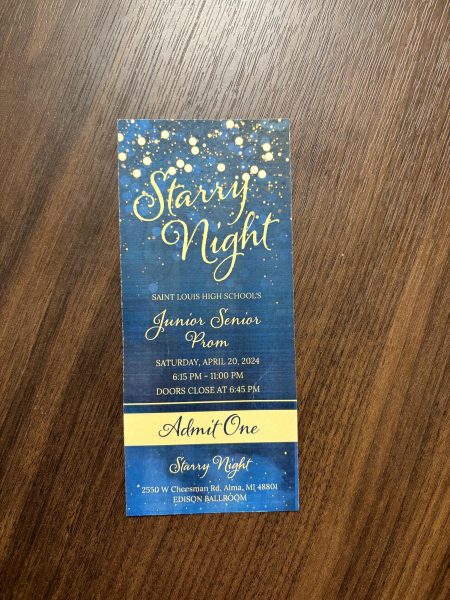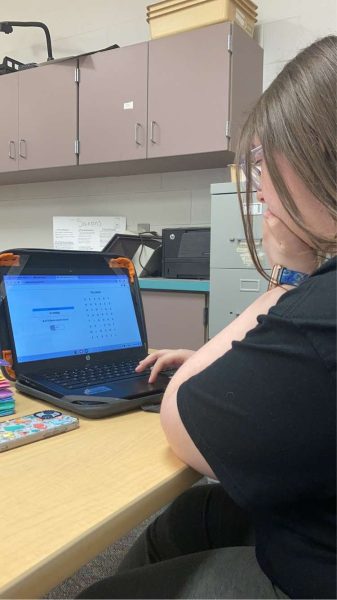Super-straight, valid or invalid?
March 18, 2021
Many jokes posted on social media have gone too far, including the Area 51 raiding joke. Recently, a new transphobic campaign that started off as a joke has been taken seriously, and now it is trying to be passed as actual sexuality. Super-Straight started off as a joke, stating they would only date a straight cisgender – someone who identifies as their born gender – of the opposite sex; people have started to take it too seriously, and some now identify as super-straight.
The joke got old quick and it is no longer funny. The definition is blatantly transphobic. It started as a trend on TikTok, trying to create a sexual orientation. According to discussion threads on 4chan, trolls deliberately planned to provoke a reaction and divide the LGBTQ+ community by spreading the idea. The idea was created by a TikTok creator named Kyle Royce last month, where he took down the video and explains it wasn’t transphobic and it was not an actual sexual orientation; as the media does, they took the joke and made it a big thing.
Although the creator meant it as a joke, some people are going so far as to “turning the LGBTQ+ ways against them.” This can easily be argued because super-straight people aren’t a part of the community, and as much as they want to, they can’t. People claim this as transphobic because of the exclusion of transgenders. Royce wrote, “Since straight people or straight men as myself get called transphobic because we wouldn’t date a trans woman.” He explained, “Like, no, that’s not a real woman to me, ‘No, you’re just transphobic’..” Even though Royce has an innocent meaning behind his video, others do not.
This campaign is quite uncomfortable for many people, including heterosexuals. Apps such as TikTok and Reddit have banned the hashtag and movement due to violations of promoting hate. “The movements merchandise website is no longer available.” Refinery29.com includes updates about the movement, “By calling Super Straight sexuality, tagging the letters “SS” to the front of the LBGTQ acronym, bearing a flag, and explaining that, since super straight is a sexual orientation, it is not transphobic.” The paragraph finishes with, “Super straight’s hope to confound the “blue-haired girls” who would argue that not being attracted to trans people does not make you part of an oppressed identity group.”
“I don’t support the movement at all,” a student who wishes to remain anonymous explained. “I was attacked by a ‘Super-Straight person’ because I told them I simply did not think it was needed to be a sexuality. As someone in the community, I know the backgrounds of how the LGBTQ+ community came to be.” Additionally, this individual explained that he was told by someone who identified as SS that he was not valid for loving who he loves and was then misgendered continuously.
A question swings around that many people are thinking about currently: why do the people part of the movement criticize the LGBTQ+ community; but suddenly want to be a part of it and act as if they can turn on the homosexuals or transgenders and use their words against them? Why try to be a part of the community, then send death threats and such to that group when those part of the LGBTQ+ community explain valid points on why it should be considered a sexual orientation?










